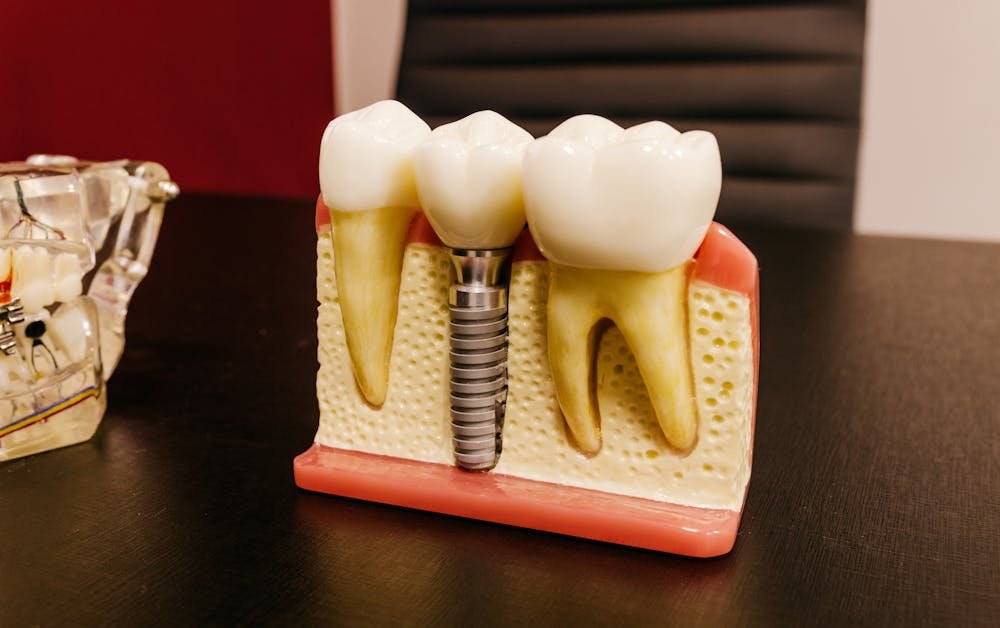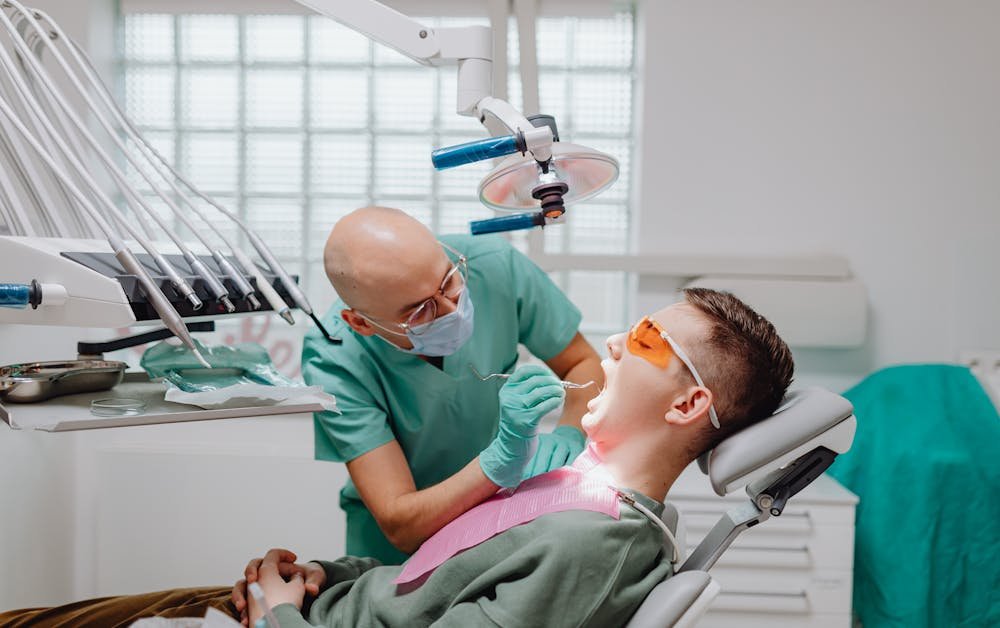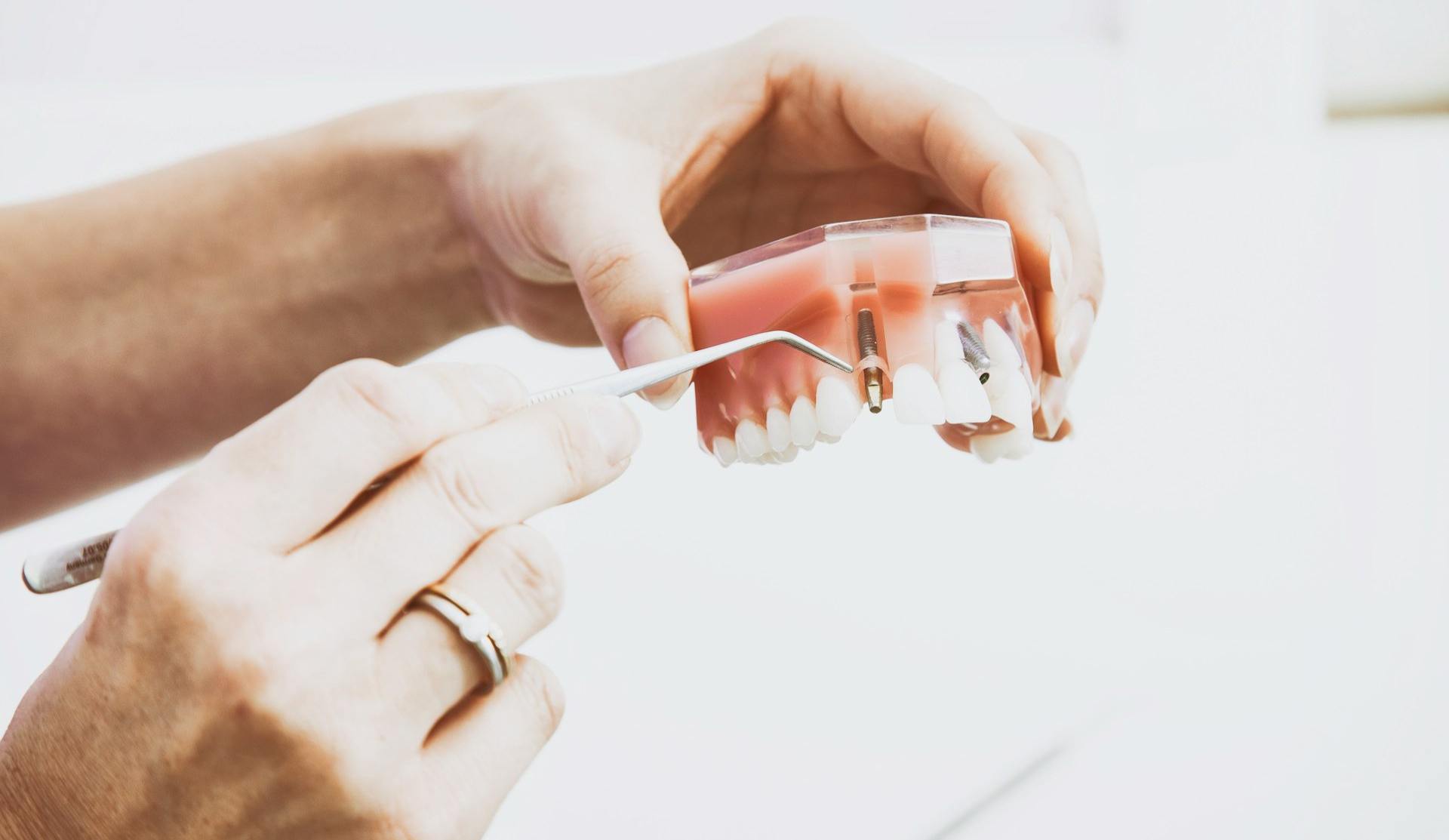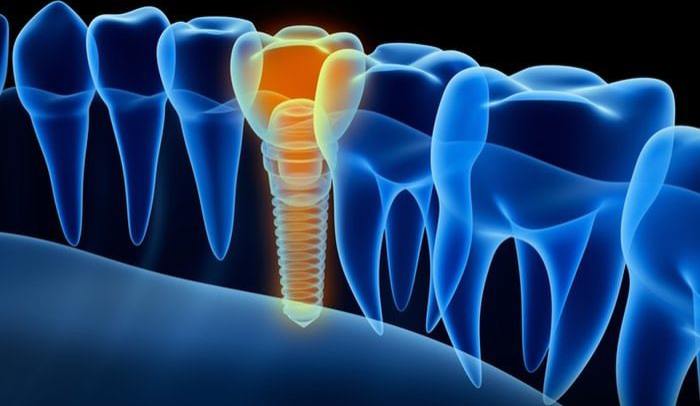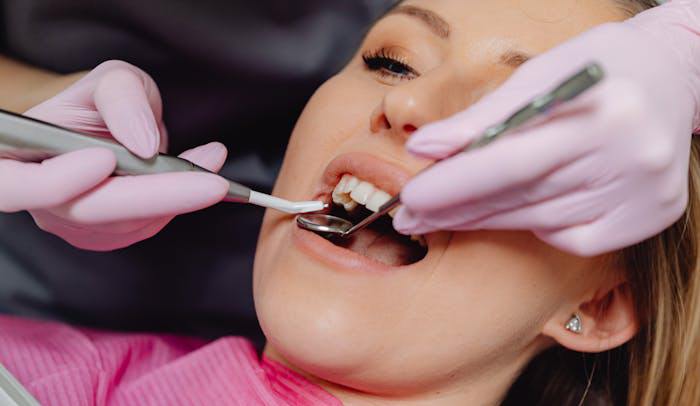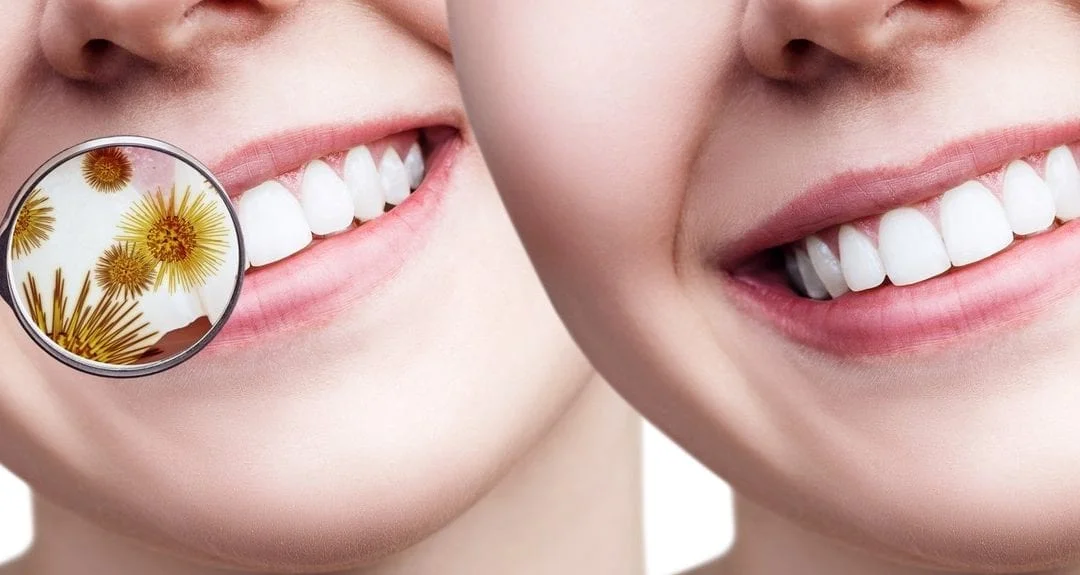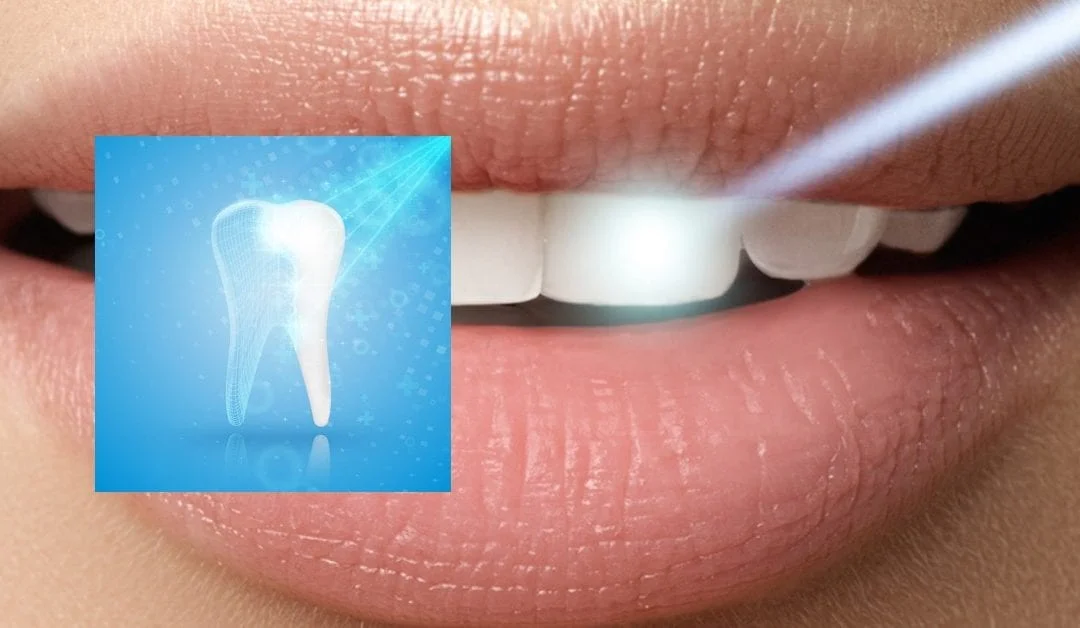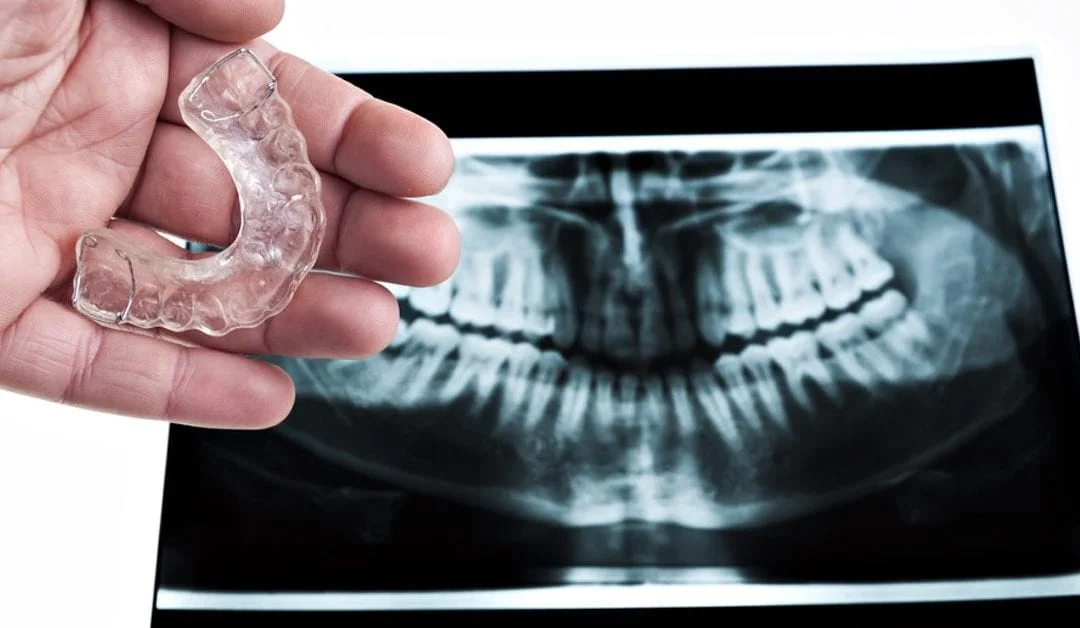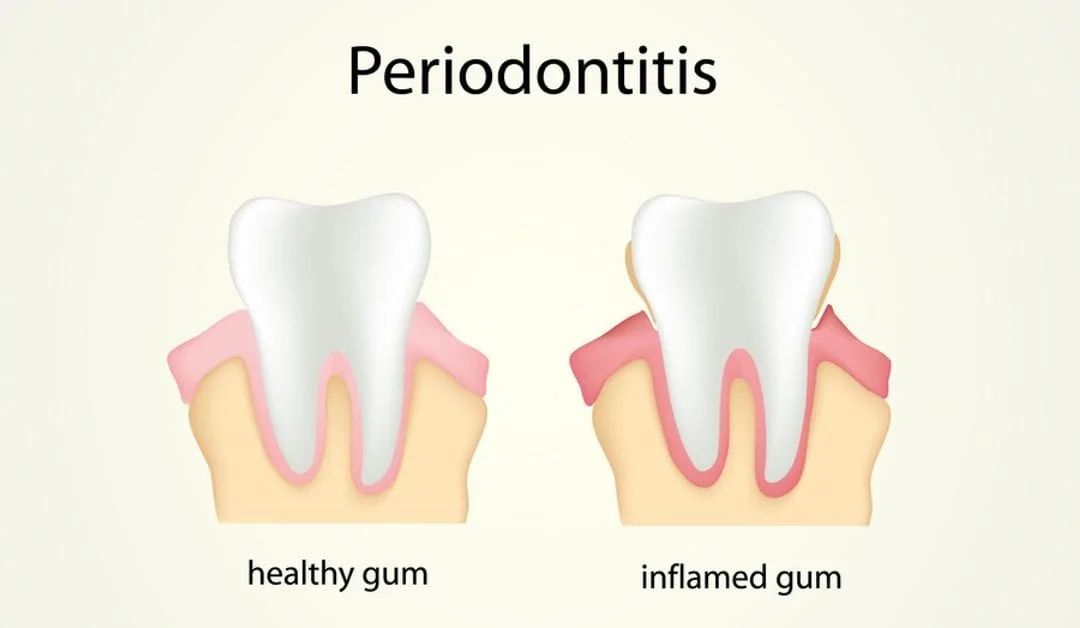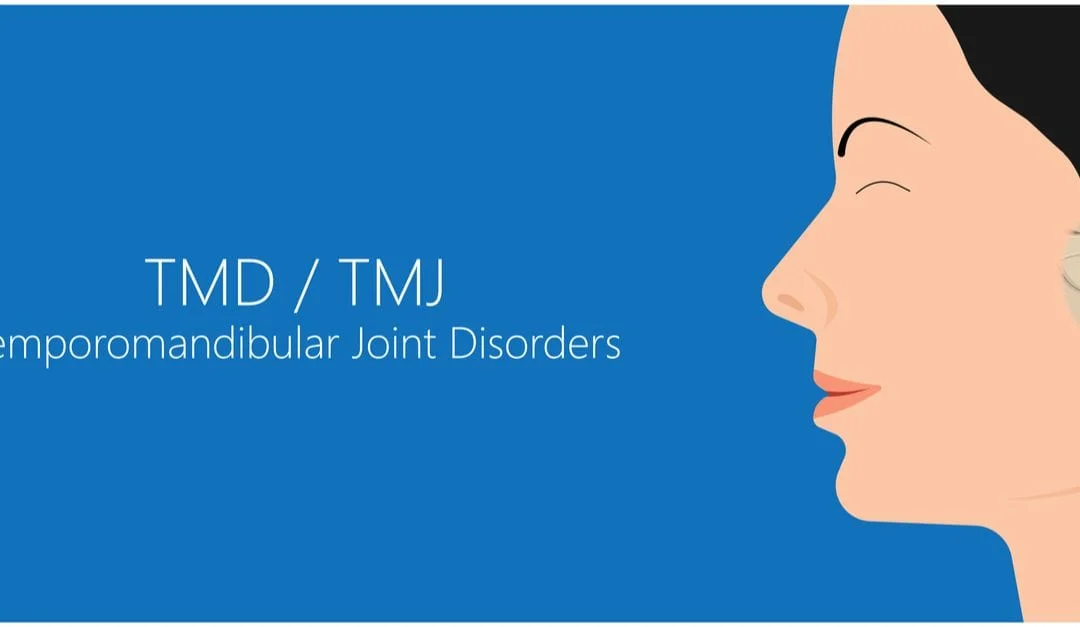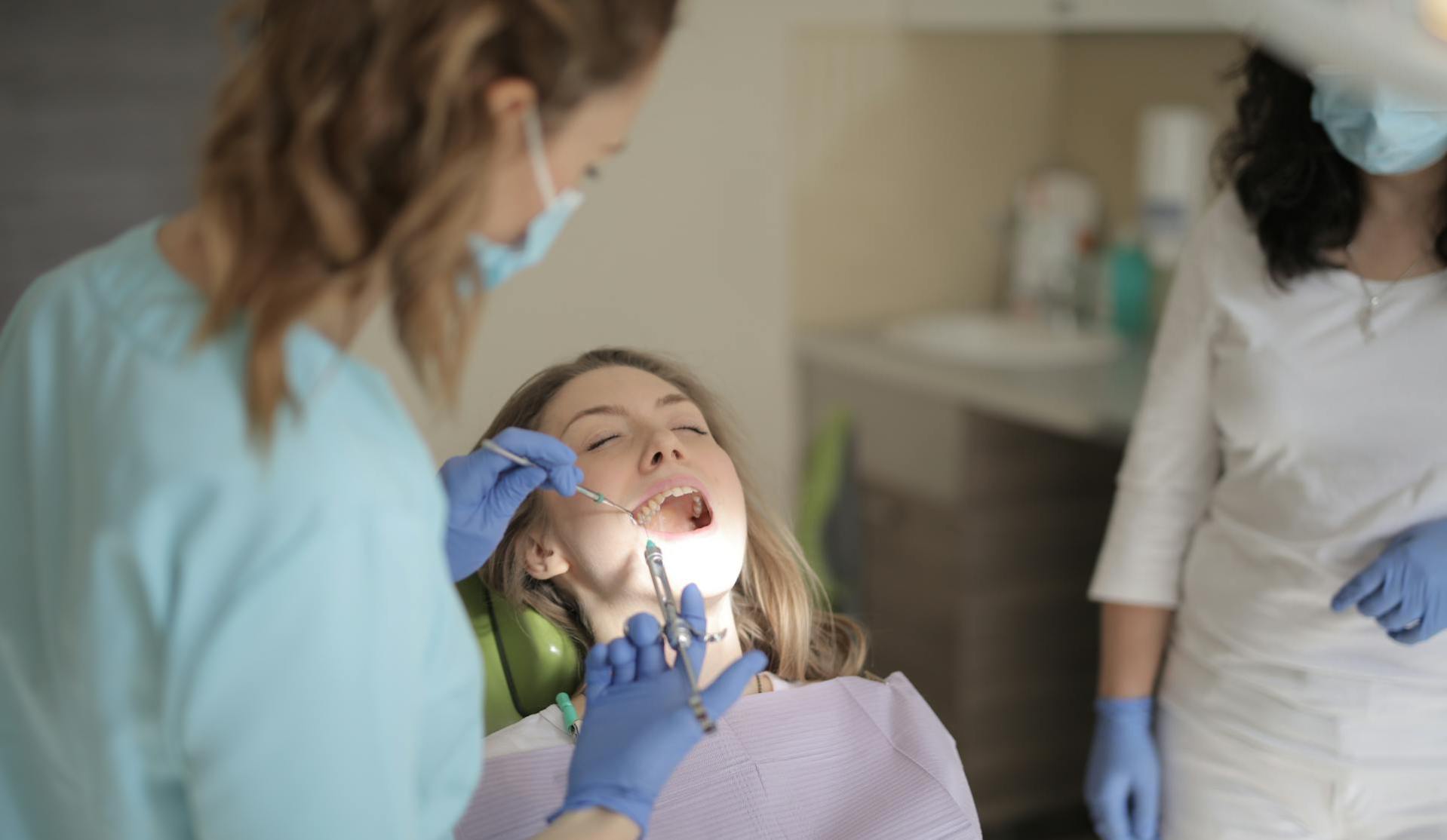
Table of Contents
Wisdom teeth removal is a surgical procedure to preserve a person’s oral health. This process also protects the teeth around the wisdom teeth from developing complications. Sometimes, wisdom teeth or third molars do not have any space to grow. When this happens, it causes pain and dental problems. So, the dentist suggests removing it. This post will dive into the entire process of wisdom teeth removal so you gain detailed knowledge about this surgical process.
What Are Wisdom Teeth?
Wisdom teeth (third set of molars) grow at the back of your mouth. Each tooth is present at the end of every row of teeth. These teeth do not develop completely until you are 18 to 24 years old. Wisdom teeth are the last four of your adult teeth, which are permanent. Besides third molars, they are also called ‘troublemakers.’ That’s because there is usually inadequate space for them, leading to dental problems.
When wisdom teeth develop, you experience the following symptoms:
- Pain in the jaw or tenderness
- Gum redness or inflammation at the far back of your mouth
- White flecks of the new teeth behind the last molars
Reasons for Wisdom Teeth Removal
When wisdom teeth get impacted, the dentist removes them. Impacted wisdom teeth are partially or fully trapped in the gum and grow at an unusual angle. They can grow toward the next tooth, toward the back of the mouth, or at a right angle to the other teeth. Thus, they need to be removed to prevent complications. The following problems with impacted wisdom teeth make their removal a necessity:
- The impacted wisdom teeth cause pain.
- Food can become trapped behind the wisdom tooth and can lead to plaque.
- Gum disease, infections, or periodontal disease can develop.
- A cyst or a sac filled with fluid develops around the third molars.
- The surrounding tooth or bone experiences damage.
- The partially erupted third molar develops a cavity.
- Wisdom teeth removal is also a preventive measure to protect yourself from potential dental issues in the future. So, even when they do not cause any problems, your dentist may recommend their removal.
Preparatory Steps
If your wisdom tooth is deeply impacted and causing significant problems, you will be referred to an oral surgeon. When you meet the surgeon, you should ask certain questions to prepare yourself for the procedure properly. The following questions should be asked.
- How many wisdom teeth need to be removed?
- Is wisdom teeth removal a complex and painful process?
- Which anesthesia will you use?
- Can my wisdom teeth problem damage any nerve?
- How long will I need to recover fully?
- During the day of the surgery, ask the following questions to the surgeon:
- When do I need to stop consuming food, fluids, or both?
- When do I take my prescription medicines before the surgery?
- Is it possible to take non-prescription medications before wisdom teeth removal?
- At what time should I arrive at the clinic?
- Will I need help from another person to get back home post-surgery?
What to Expect During Wisdom Teeth Removal?
The wisdom teeth removal process takes around 45 to 50 minutes. Here’s how it proceeds.
Administration of Anesthesia
Before the surgery begins, you are given a sedative. You can be given local sedation or general anesthesia.
In local anesthesia, your surgeon first applies a medication on the gum where the anesthesia will be injected. They will then administer one or more shots near where the wisdom tooth removal will take place. You will be awake during the surgery because anesthesia is injected only in the gums.
If the surgeon administers IV sedation, they will numb your mouth. The sedative will reach you via the IV line in the vein of your arm. You will feel drowsy and may sleep while the tooth is removed.
General anesthesia is given if you have a particularly complex case of removing wisdom teeth. This type of anesthesia makes you immediately fall asleep. The surgeon either injects it through a vein in the arm or lets you breathe the drug through a mask. A breathing tube connected to a ventilator will be kept near you, which will keep your airways open and allow you to breathe. An anesthesiologist will oversee your breathing, body temperature, and blood pressure.
Wisdom Teeth Removal Surgery
After administering anesthesia, the oral surgeon follows the steps mentioned below to remove your third molars.
- The surgeon cuts into your gums and takes out the bone that is obstructing the tooth.
- Your tooth will be loosened before it is lifted from its socket.
- The oral surgeon will now divide the tooth into different sections. This will ease the removal procedure.
- Now, the area will be cleaned to prevent infection.
- The surgeon will stitch the opening.
- They will now keep the gauze on the surgical wound to control and minimize bleeding. Soon, a blood clot will form there.
Post-Wisdom Teeth Removal
After the surgery is complete, you will be in slight discomfort. There will be some bleeding and inflammation in the surgical site. Your oral surgeon will provide you with a set of instructions to help you recover. You can then return to your home. If you need to commute, ensure that you have the company of a trusted friend or family member.
How to Recover from Wisdom Teeth Removal Surgery?
After you get back home from the surgery, you will experience mild pain in your mouth for around four days. To ease it, use techniques like placing an ice pack near your cheek. If the discomfort is persistent, you can use OTC pain relievers like Ibuprofen. However, if you feel severe pain that does not subside with strong medications, let your dentist know about it.
Instructions to Recover from Wisdom Teeth Removal Surgery
- You will feel blood in your mouth from where the tooth has been removed. Do not spit repeatedly, as it will remove the blood clot. Instead, keep replacing the gauze over the area, following the instructions by your surgeon.
- If you need to take a strong prescription pain medication, ensure that it is prescribed by your dentist.
- Do not exert yourself too much for the rest of the day after the surgery. Do not participate in activities that demand a lot of energy as it can remove the blood clot.
- Consume plenty of water post-surgery. This does not mean having alcoholic or caffeinated beverages. You shouldn’t consume alcohol, caffeine, carbonated, or hot drinks on the first day post-surgery.
- Do not drink with a straw for a minimum of seven days as the sucking action impacts the blood clot.
- Eat soft foods like yogurt, pudding, fruits, macaroni, pasta, and the like for the first five days post-surgery. Stay away from foods that are hard, hot, spicy, or those that need a lot of chewing.
- Do not brush for 24 hours after coming from the surgeon’s office. Similarly, avoid mouthwash or swishing anything in your mouth.
- After a day, you can brush but do so gently. Also, rinse your mouth with a warm saltwater solution after your meals and every two hours.
- Do not smoke tobacco or chew it for three days after wisdom teeth removal. Tobacco will slow down your healing process and lead to various other issues.
Are There Any Complications of Wisdom Teeth Removal?
Although the procedure is straightforward, sometimes complications can arise. A good dentist or oral surgeon explains the risks associated with wisdom teeth removal. Possible complications are mentioned below.
- A dry socket is a complication that needs medical attention. It is a very painful condition characterized by improper formation of blood clots or the clot getting dislodged before the healing happens.
- Infection that needs you to take antibiotics
- Nerve injury is another complication that can lead to permanent or temporary changes in how you feel in the lower part of your lip, chin, gums, and tongue.
- Unusually heavy bleeding after 24 hours of surgery requires you to consult the surgeon.
- If your third molar is close to your sinus cavity, sinus complications can arise.
- Allergic reactions to anesthesia, such as drowsiness and nausea, can also occur.
Read Also: 5 Best Natural Ways To Treat A Toothache
How Much Does Wisdom Teeth Removal Cost?
The average cost of removing third molars is between $200 and $1,100 for each tooth. This is a general indicative cost and may vary by location and by practice. This cost, without insurance, hinges on the factors below:
- The number of teeth that the surgeon will remove and whether they are impacted or not. If the teeth are impacted, the surgery will be more complex and this will influence the cost.
- If the surgery can be done by a general dentist, the cost will be less.
- The location of the doctor’s office.
- Additional treatments like anesthesia and post-surgery care also change the cost.
How to Make Wisdom Teeth Removal Affordable?
To make wisdom teeth removal affordable, look for third-party financing options. In many cases, your dentist connects you with third-party financing and helps you explore the different payment plans. You can also consider a dental insurance plan and ask your dental care team if they accept it. Removing wisdom teeth is a common procedure that most adults are recommended by their dentists to undergo. If you have time and you’ve decided to go for this procedure in the future, you should create a dedicated savings account and allocate funds, particularly for this surgery.
Get Your Wisdom Teeth Removed At Maiden Lane Dental
At Maiden Lane Dental in NYC, you can get your wisdom teeth removed effectively. Dr. Lloyd Becker offers a variety of dental treatments customized to the needs of patients. You won’t feel stressed in his presence before and after the surgical process. Book your appointment online or call Maiden Lane Dental at (212) 509-4585
Our Service
-
 Dental Service
Dental Service
-
 General Dentistry
General Dentistry
-
 Cosmetic Dentistry
Cosmetic Dentistry
Comprehensive dental care ensuring healthy, radiant smiles for individuals and families in NYC.
Routine check-ups, cleanings, and preventive care to maintain your oral health effortlessly.
Enhancing your smile with advanced cosmetic procedures for a confident, beautiful appearance.


